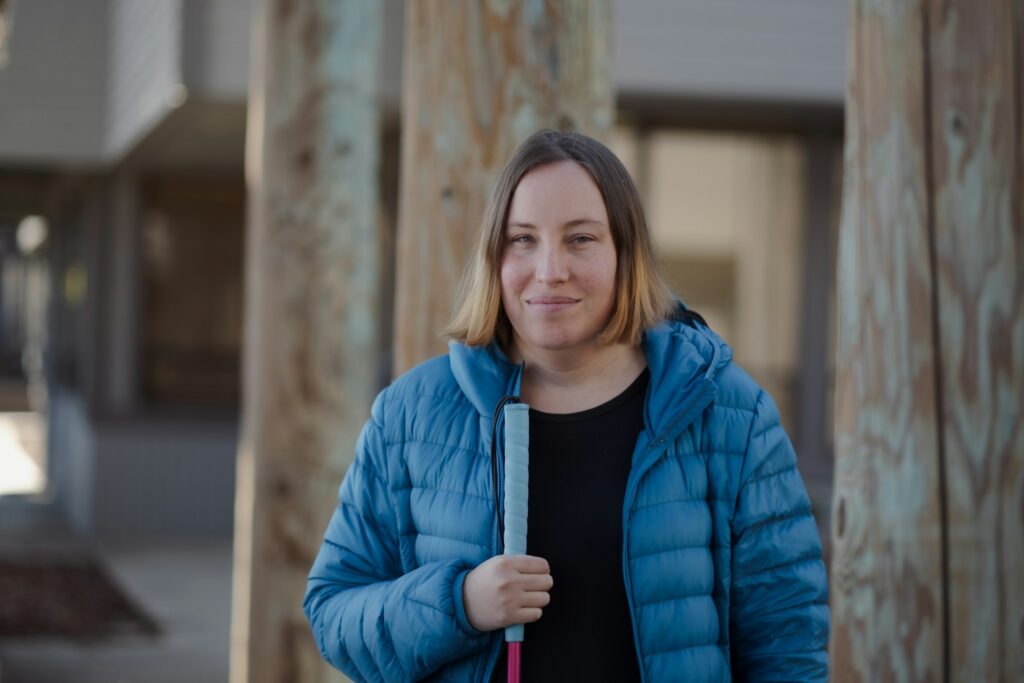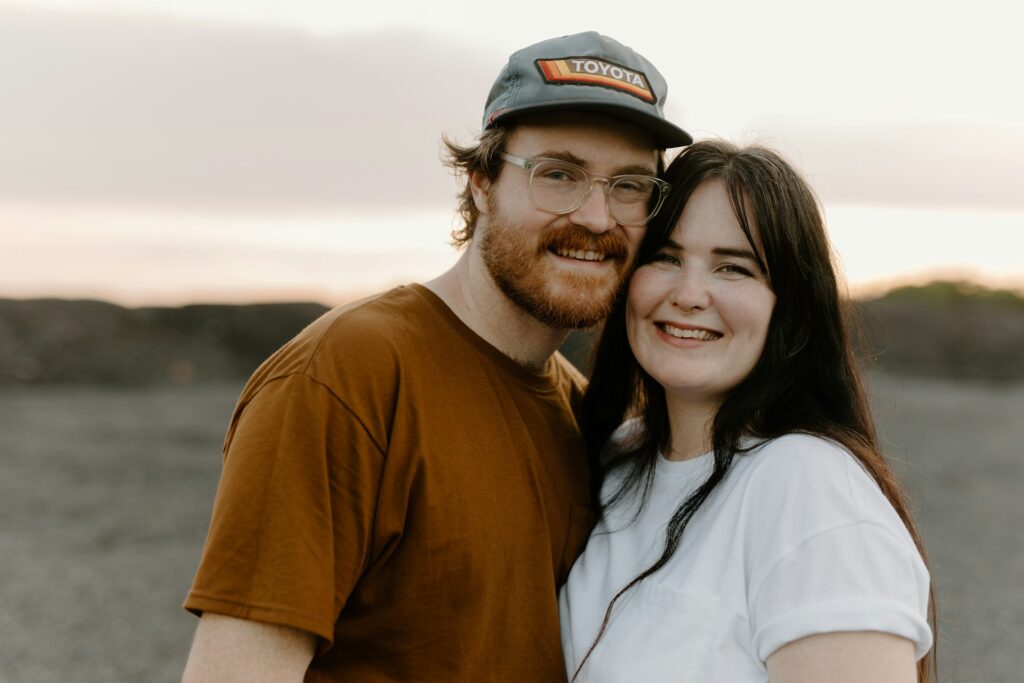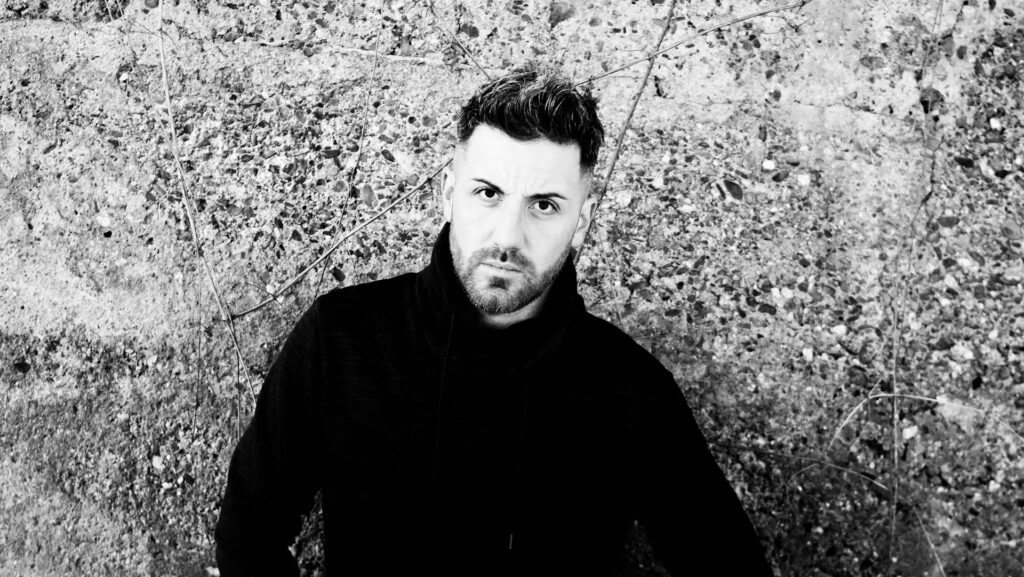You don’t realise the life you’re living is too small from you overnight.

It doesn’t come in the form of some big epiphany that suddenly opens your eyes to the fact that you’re desperate for a chance. Instead, it’s usually the little things that slowly add up and make you think, “There has to be more than this.” When that happens, you make changes to start living in ways that are meaningful and fulfilling, even when they’re uncomfortable or a bit scary. Here’s how you know you’re in that place, and there are some big things ahead of you.
1. You stop making excuses for things that drain you.

Where you used to justify why a relationship, job, or routine was “fine for now,” you’ve stopped spinning the narrative. You’re no longer pretending things don’t bother you. You see the truth more clearly, even if you haven’t made the full leap yet.
It’s not that you’ve suddenly become harsh, either. It’s that your tolerance for what drains your energy has dropped. You’re noticing how much you used to explain away, and you’re not willing to keep doing that just to maintain false peace.
2. You start craving experiences that feel aligned, not just impressive.

What used to feel like a goal—status, approval, being the “good” one—doesn’t land the same anymore. You’re less interested in how things look and more focused on how they feel.That doesn’t mean you’ve lost your ambition—it means you’ve refined it. You’re moving toward a life that feels emotionally congruent, not just socially acceptable. Even if no one else notices that shift yet, it’s already shaping your next chapter.
3. You get uncomfortable in conversations that once felt normal.

You might be sitting at the same table, hearing the same complaints, but now something feels off. What once felt like bonding now feels like repetition. You realise you’ve stopped relating, and started observing. This doesn’t come from judgement. It comes from growth. You’re not looking down on anyone—you’re just noticing that the topics, the dynamics, and the energy don’t feed you the way they used to. Frankly, you’re starting to wonder what would.
4. You’re less afraid to disappoint people.

You used to rearrange your own needs to keep everyone else comfortable. Now, even though it still stings sometimes, you’re learning to let people down when it protects your peace. This is one of the clearest signs of growth. You’re choosing honesty over harmony. It’s not because you don’t care, but because you finally do—about yourself, your capacity, and what you no longer owe to people who expect the old version of you.
5. You feel emotionally exhausted by pretending to care about the same things.

You might still show up, still smile, still nod—but internally, you’re checked out. It’s not burnout—it’s misalignment. You’ve grown past the point where you can fake enthusiasm for things that don’t reflect where your heart actually is. That kind of quiet fatigue isn’t laziness—it’s wisdom. Your system is no longer willing to spend emotional energy upholding things that aren’t real anymore. The exhaustion is simply truth trying to rise.
6. You start protecting your time like it actually matters (because it does).

You used to be available for everything—favours, events, last-minute plans. Now, you pause before saying yes. You look at your calendar and ask, “Do I want this, or am I just defaulting to old habits?” That’s not selfishness, it’s clarity. You’ve realised that your time is energy, and your energy is sacred. So you’re choosing where it goes instead of letting it be claimed without consent.
7. You no longer feel the need to argue with people who misunderstand you.

In the past, you might have gone out of your way to explain yourself, correct assumptions, or fix the narrative. Now, you let it go. You know that someone else’s version of you doesn’t have to become your burden. That kind of release feels subtle but powerful. You’ve stopped needing to be understood by everyone, especially people committed to misunderstanding you. You’re saving your energy for people who see you clearly without needing a slideshow.
8. You start questioning traditions or roles that used to define you.

Whether it’s a family expectation, a career path, or a social identity you’ve always carried, you’re beginning to look at it sideways. You ask, “Do I still believe in this? Or have I just been performing it on autopilot?” That questioning isn’t rebellion—it’s awakening. You’re peeling back the layers of who you thought you had to be and making room for who you actually are. It’s disorienting at first, but deeply freeing once it takes root.
9. You’re drawn to quieter, deeper connections.

You no longer chase attention or collect people to fill space. You’re looking for resonance now—conversations that feel grounded, moments that aren’t performative, friendships that don’t rely on convenience. This change isn’t about becoming antisocial—it’s about becoming intentional. You’d rather have fewer connections with depth than a hundred with no real anchor. It’s quality over noise, and it feels like peace.
10. You start trusting your intuition more than other people’s approval.

You used to outsource decisions—checking in with what other people thought, asking if it was “too much” or “not enough.” Now, you’re checking in with yourself first. If it feels right in your gut, that’s enough. This self-trust didn’t come overnight. It came from noticing how often you ignored your instincts and paid the price. Now, you’re learning to listen, even when it contradicts what someone else thinks you should do.
11. You don’t crave chaos like you used to.

There might have been a time when drama, dysfunction, or overstimulation felt normal, even exciting. But now, it’s exhausting. You’re not drawn to chaos anymore. You’re drawn to ease, simplicity, and steadiness. This change might make you feel “boring” at first—but it’s actually a sign of nervous system healing. You’re no longer addicted to adrenaline or unpredictability. You’re choosing calm not because you’re dull, but because you’re finally ready to feel safe.
12. You start grieving the version of you who kept making it work.

Even as you grow, there’s a tenderness for the you who stayed too long, tolerated too much, and called it stability. That version of you wasn’t weak—they were just surviving with what they had. Outgrowing that life means honouring the version of yourself who kept things afloat when you didn’t know there was more. You don’t need to shame them. You just need to thank them, and let them rest.
13. You don’t need to “burn it all down”—you’re just quietly moving on.

This isn’t about dramatic exits or huge announcements. It’s about shifting how you show up, day by day. You don’t need to destroy the past—you just don’t need to live there anymore. You’re not angry. You’re not bitter. You’re just done. And that quiet decision to choose something better—without needing to justify it—is how you know you’re finally outgrowing the life you used to settle for.


